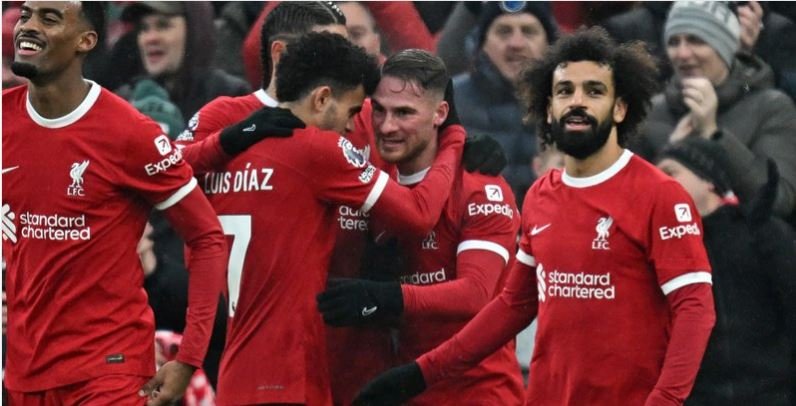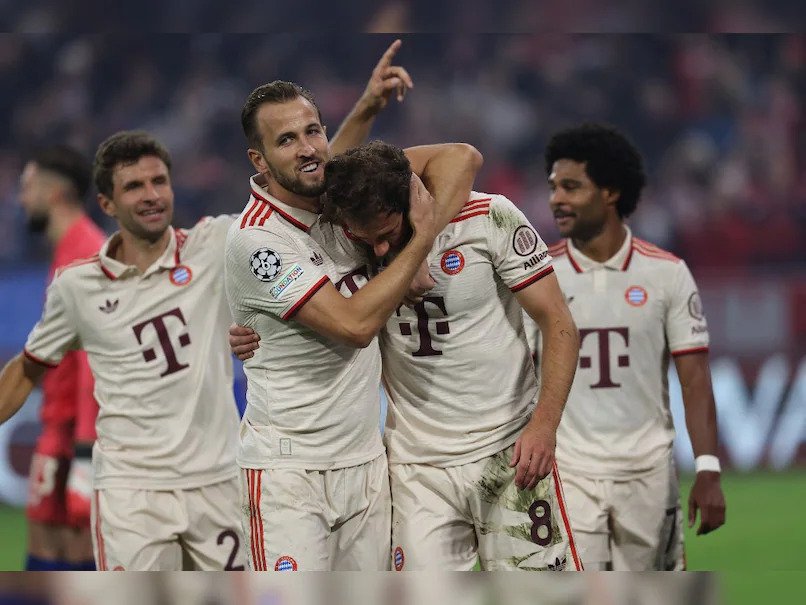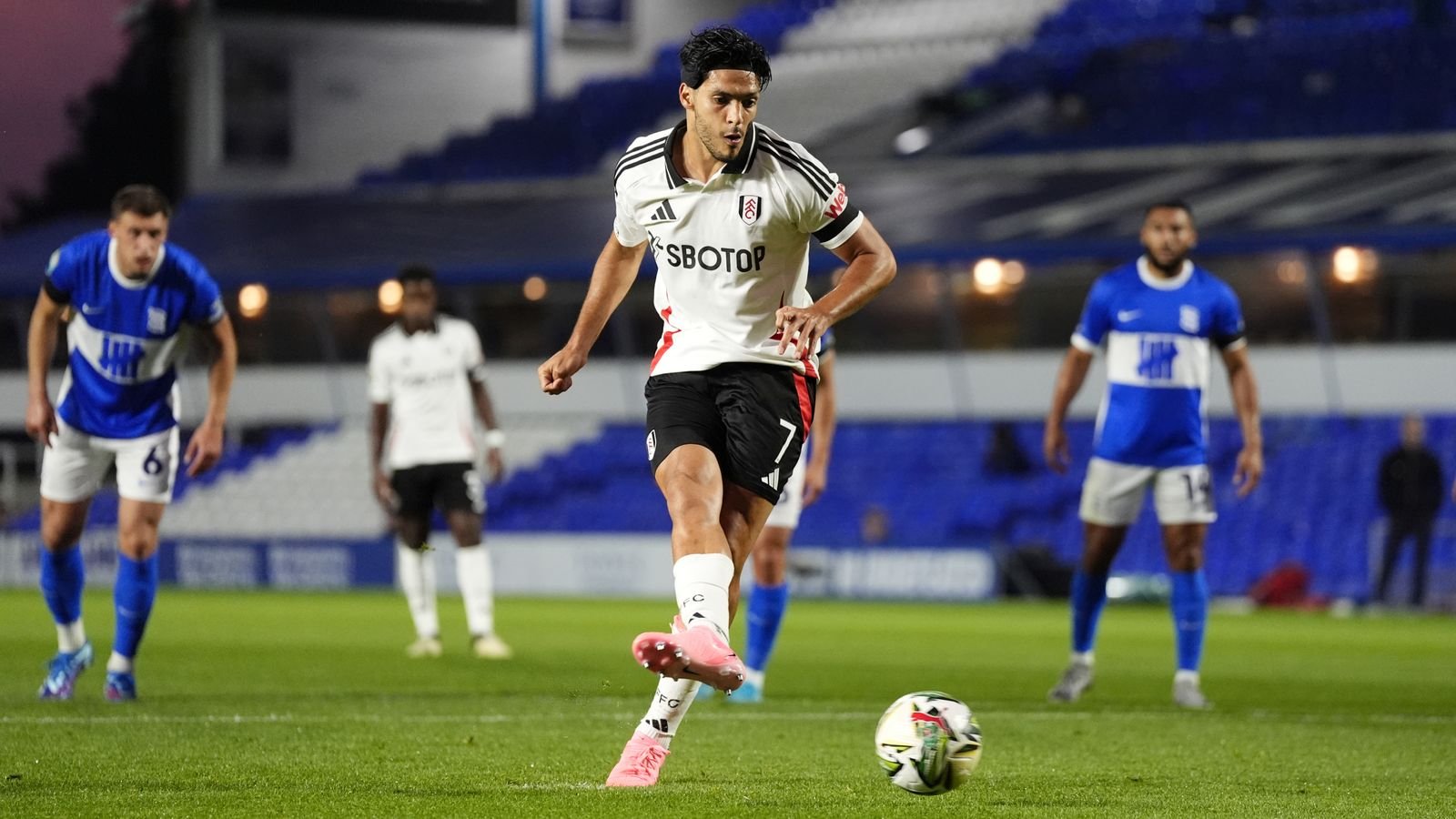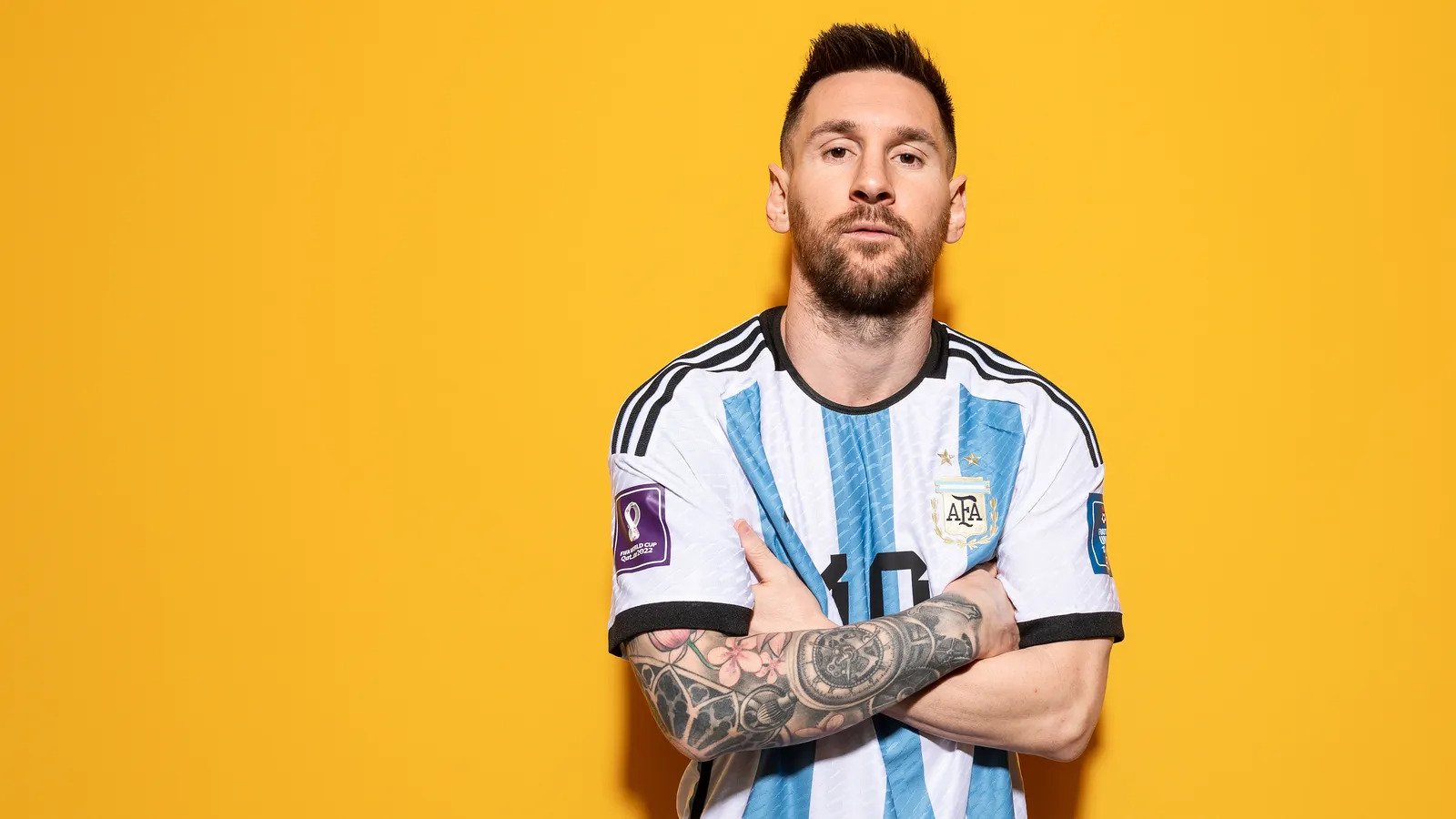Football, the beautiful game, has a darker side lurking beneath its glamorous facade. While fans around the world cheer for their favorite teams on the pitch, off-field dealings often reveal a tangled web of corruption within the football business.
From match-fixing scandals to shady transfer deals, the realm of football is not immune to the vices that plague other industries.
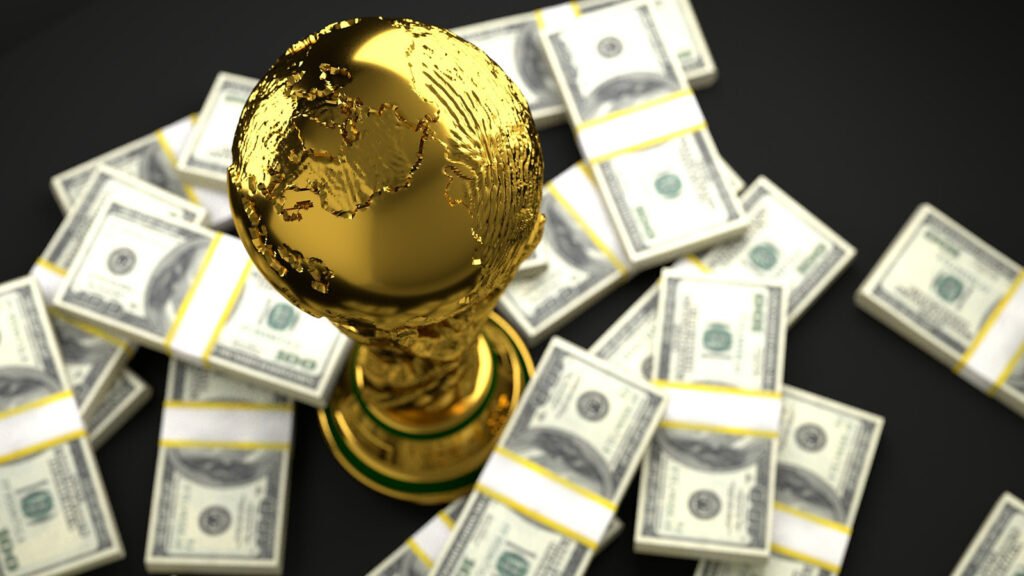
Football, an industry worth billions of dollars, has a long history marred by scandal and corruption. Football corruption is a challenging problem that calls for a multifaceted strategy to be addressed, from bribery to match-fixing.
The year 2006 was not good for the Italian football team. One of the most well-liked teams in the league, FC Juventus Turin, and its former management were charged with game-fixing with the assistance of dishonest officials, players, and referees. The squad was forced to drop to the second league as a result, and its final two championships from 2005 and 2006 were forfeited. The manager received a five-year work suspension as punishment. There were 26 officials charged in total.
The “Golden Whistle” affair, one of the biggest football scandals in Europe, happened in Portugal in 2004. 171 people—110 arbitrators, two mayors, and the head of the league—were charged for tampering with the results of championship games.
An official referee in the Chinese football league was charged with game manipulation in China. Thirty-four of the most qualified referees in South Africa are charged with the same offense.
Nonetheless, the act of manipulating sports and sporting events is not exclusive to contemporary civilization. History demonstrates that ancient sports were not exempt from corruption. Corrupt competitors were forced to pay for the construction of columns that stand in the Olympic stadium’s entrance and represent their shame during the ancient Greek Olympics.
Sports like boxing and tennis, which heavily rely on the subjective choices of referees, are typically more impacted by corruption. Sports like the 100-meter sprint, where the beginning and finishing lines are clearly marked, are unlikely to have results that have been tampered with by corruption.
Football is currently one of the sports most impacted by corruption. Consequently, football’s standing is deteriorating, prospective players are turning down opportunities, and sponsors are providing less support. It is difficult to calculate the total harm that football corruption has caused. In spite of this, a large number of global football organization representatives continue to downplay or deny the existence of corruption.
The spirit of football is destroyed by corruption. Willful disregard for the fundamental principles of sports, such as fairness and free competition, renders the sport meaningless. The excitement of the event stems from the inherent uncertainty of the game. Even if a team plays better than its rival for ninety minutes, they will still lose the game.
A single error might mean the difference between success and defeat for the team, happiness and sadness for thousands of people, and occasionally even for a whole country. Sports are impossible to be perfect in; mistakes are a part of the fun, which is why it’s worth watching. On the other hand, mistakes may sometimes be made willingly out of self-interest. Little to nothing is noticed by the viewer. There are still only questions, more than ever.
In general, there are many different types and locations of corruption in football. Corruption typically seeks to move up the league ranks in nations with less developed betting markets. Corruption seeks to manipulate certain games to increase betting profits in nations with mature betting markets.
Corruption can also be found in the construction sector, for instance in the selection of contractors for the construction of football stadiums or the sites for specific events. One of the most well-known incidents happened in Germany, where a construction company paid the president of a premier league football team 2.8 million euros in exchange for information that helped the company win the stadium construction contract.
Corruption can also be seen in television reporting, sponsorship, and even the official appointment process.
But it’s evident that corruption in football nowadays goes much beyond simple game-fixing. These days, corruption has even impacted football’s deal-making with players—a more profitable sector of the game. For instance, it is suspected that a former coach of Brazil’s national team appointed 91 players with the intention of profiting later on from their increased market worth.
The corruption in football has taken on a whole new level in today’s globalized globe. Profits are large, transactions are opaque, and markets are networked. Corruption has evolved into a truly international organized crime, a crime without borders. These conditions suggest that combating the epidemic will require a worldwide effort. Collaboration between the public and private sectors is essential. It is essential that civic society and the media become involved.
UNICRI has created a project with all of these players involved based on this.
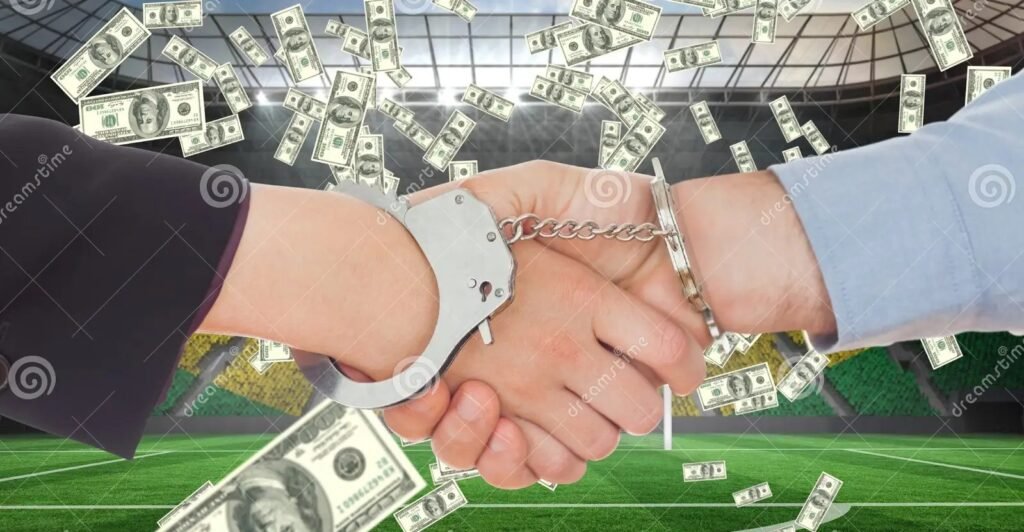
The project’s initial goal is to create a model plan for stopping and managing different forms of corruption in football on a national and worldwide scale. The main decision-makers and football organizations, representatives of national and international football leagues, national prosecutors and law enforcement officers, the media, and civil society will all collaborate in the development of this Anti-Corruption Strategy (ACS). It would be feasible to pinpoint the primary corruption risks and create specific goals and targets with the help of this network.
Conversely, the network would guarantee a direct flow of information and expertise while also creating the framework for increased collaboration. Ultimately, the network would lay the groundwork for the creation of Public-Private Partnerships (PPPs), which would combine the resources and abilities of the public and private sectors to combat football corruption.
The Anti-Corruption Strategy and the existing alliances would serve as the foundation for the project’s implementation phase. The action plan created in the ACS will be implemented during this phase. Additionally, complementary measures could be implemented in conjunction with the highlighted actions.
Organizing awareness-raising campaigns is one of the planned complementary initiatives, aimed at amplifying the support from the public and corporate sectors as well as civil society. To get the most publicity possible, the campaigns should be planned in close coordination with the media, football teams, players, and supporters.
Football, the most popular sport in the world, offers special chances to combat corruption both inside and outside of stadiums. The project aims to develop goal-oriented standards of conduct in order to further aid in the general shift in attitudes. These ought to specify unacceptable and unlawful conduct on the part of officials and athletes against one another as well as toward outside parties like the media and special interest organizations.
The initiative aims to find and strengthen contemporary technical facilities to guarantee a more prompt and efficient detection and prosecution of corruption. The creation of handbooks and toolkits would support both cutting-edge and conventional methods while bolstering law enforcement’s capabilities.
The outcomes of this study will serve as the foundation for future worldwide attempts to combat corruption in sports, not just football but also other sports, especially in light of the approaching World Cup and the European Championship. The tools created and employed to advance football corruption control will be extended to other sports impacted by the issue.
Regardless of class, gender, or religion, football is the most popular sport in the world, enjoyed by millions of people worldwide. Three billion people play and watch it across Asia and Europe, from China to England, Africa to South America. Contrary to popular belief, football is far more important in developing nations than it is in developed ones.
Football serves as a tool for socialization, education, and peace in addition to being a game. In this game, one can succeed through perseverance regardless of financial status or social standing. Football is a game where cooperation and compromise are required, as well as fairness and rules.
All of these tools suffer from corruption, which also ruins their functionality. Football and corruption don’t go well together; you can win and lose at the same time. On certain days, your team performs better than you could have ever imagined; these are the days that the players and supporters alike will never forget. The brilliance of football is that these moments are unpredictable and uncontrollable.
Strategies to Combat Corruption in Football
Corruption in football, as in any sport, undermines the integrity of the game and erodes public trust. Combating this issue requires a multifaceted approach involving strict regulations, transparency, and active participation from various stakeholders. Here are several ways to address and potentially stop corruption in football:

1. Strengthening Governance and Regulatory Frameworks
- Independent Oversight Bodies: Establish independent bodies to oversee the operations of football associations and clubs. These bodies should have the authority to investigate and sanction any corrupt activities.
- Enhanced Regulations: Implement stringent rules and regulations concerning financial transparency, player transfers, and match-fixing. Ensure that these regulations are consistently updated and enforced.
2. Transparency and Accountability
- Financial Transparency: Clubs and associations should be required to publish detailed financial statements, including revenues, expenditures, and sources of funding.
- Audits: Regular audits by independent firms can help identify and prevent financial irregularities. Surprise audits can be particularly effective.
- Transparency in Decision Making: Key decisions, such as the allocation of World Cup hosting rights, should be made transparently, with clear criteria and public scrutiny.
3. Strict Penalties and Legal Actions
- Harsh Penalties: Impose severe penalties for individuals and organizations found guilty of corruption. This includes lifetime bans, heavy fines, and, if necessary, criminal prosecution.
- Whistleblower Protection: Implement strong protections for whistleblowers to encourage reporting of corrupt activities without fear of retribution.
4. Technological Solutions
- Blockchain Technology: Utilize blockchain for secure and transparent record-keeping of financial transactions, player contracts, and transfer dealings.
- Data Analytics: Employ data analytics to detect unusual patterns in betting markets and match results, which may indicate match-fixing.
5. Education and Awareness
- Ethics Training: Provide regular training for players, coaches, and officials on ethics and the consequences of corruption.
- Public Awareness Campaigns: Engage fans and the general public through campaigns that highlight the negative impact of corruption and encourage reporting suspicious activities.
6. Global Collaboration
- International Cooperation: Football governing bodies like FIFA and UEFA should work closely with international law enforcement agencies to tackle cross-border corruption.
- Unified Standards: Develop and enforce unified anti-corruption standards across all countries and leagues.
7. Enhanced Monitoring and Reporting Mechanisms
- Hotlines and Online Platforms: Establish confidential hotlines and online platforms where individuals can report corrupt activities.
- Monitoring Systems: Create robust systems for monitoring matches, financial transactions, and communications within football organizations.
8. Fan and Community Involvement
- Supporter Trusts: Encourage the establishment of supporter trusts, giving fans a stake in their clubs and a voice in governance.
- Community Engagement: Strengthen ties between clubs and their communities, fostering a culture of integrity and transparency.
9. Periodic Reforms and Reviews
- Regular Reforms: Periodically review and reform governance structures and regulations to address new challenges and loopholes.
- Feedback Mechanisms: Implement mechanisms to receive feedback from stakeholders, including players, officials, and fans, to continually improve anti-corruption measures.
10. Media and Public Scrutiny
- Investigative Journalism: Encourage and protect investigative journalism that can expose corruption in football.
- Public Scrutiny: Leverage the power of social media and public opinion to hold corrupt officials and practices accountable.
By implementing these strategies, the football community can make significant strides towards eradicating corruption, ensuring a fair and transparent environment where the sport can thrive.


